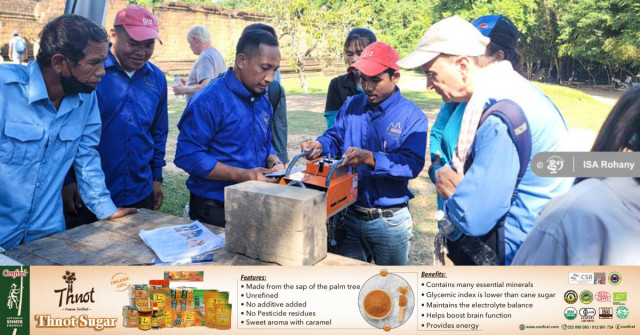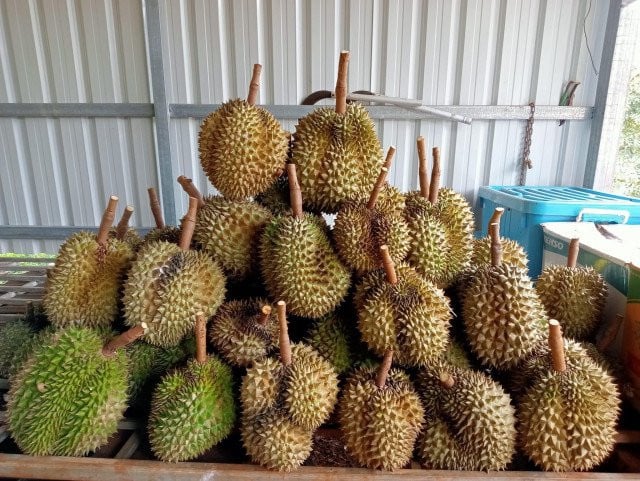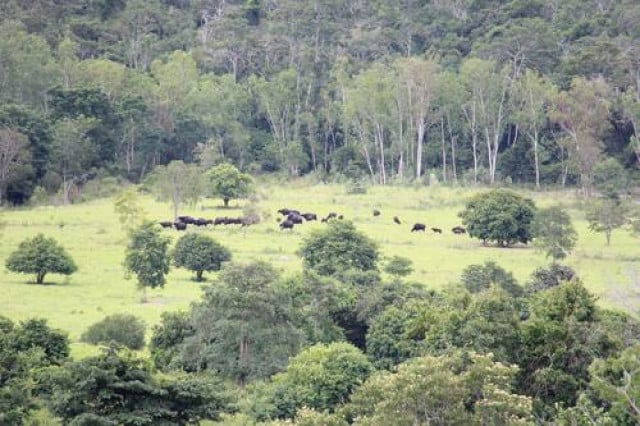GIZ and APSARA Partner to Train New Stone Conservators

- By Thmey Thmey
- December 12, 2023 4:05 PM
SIEM REAP – The APSARA National Authority in cooperation with Deutsche Gesellschaft für Internationale Zusammenarbeit (GIZ) has launched a course to train the next generation of stone conservators, as the organization is always in need of qualified workers to maintain the temples.
After almost a year of learning the theory of stone conservation, trainees started field training on Dec. 8 at Banteay Samre temple. A total of 20 apprentices began using their newly acquired skills to restore stones on the temple site.
Long Nary, a renowned stone conservator, said the field training also marked the 15th anniversary of the Angkor Stone Conservation Group.
While the current batch of trainees have already been involved in this course for a year, they still have one and a half years to go before qualifying as professional conservators.
The stone conservation training was first implemented in 2012, in a move to increase the number of conservationists working for the APSARA. The first batch consisted of 20 Cambodian trainees who are still working on various temples across the Angkor Archeological Park.
Nary expects that this second program is going to produce more conservators to preserve Khmer temples.
He said that before becoming stone conservators, the trainees learn a lot of theory, do research, practice on the field, and switch job positions among several teams to learn the best practices and avoid common mistakes due to the lack of experience.
“To become a skilled conservator, they need to understand and study a lot because they are stone doctors. Medical doctors have to study for years before graduating, and so do stone doctors,” Nary said. “Since our country doesn’t have a school yet, we have asked those who are interested in that to help us. Two GIZ experts are helping now.”
“As a stone doctor, we need to study in detail before treating the stone or using any product on them, we need to find a reason for it. We need to know how to treat the stone: What are the consequences if we don’t treat it well, but also what are the benefits? We cannot just do it without knowing what we do.”
Nary said that Cambodia needs more stone experts to work on the many temples that are spread across the country. He suggested that each temple should have a group of stone experts to monitor the health of the stones and use techniques to treat them to be healthy and strong.
He expected Cambodia will have more experts in the next ten years as the government is paying attention to training and allocating more resources to it.
Originally written in Khmer for ThmeyThmey, this article was translated by Nhor Sokhoeurn for Cambodianess.















